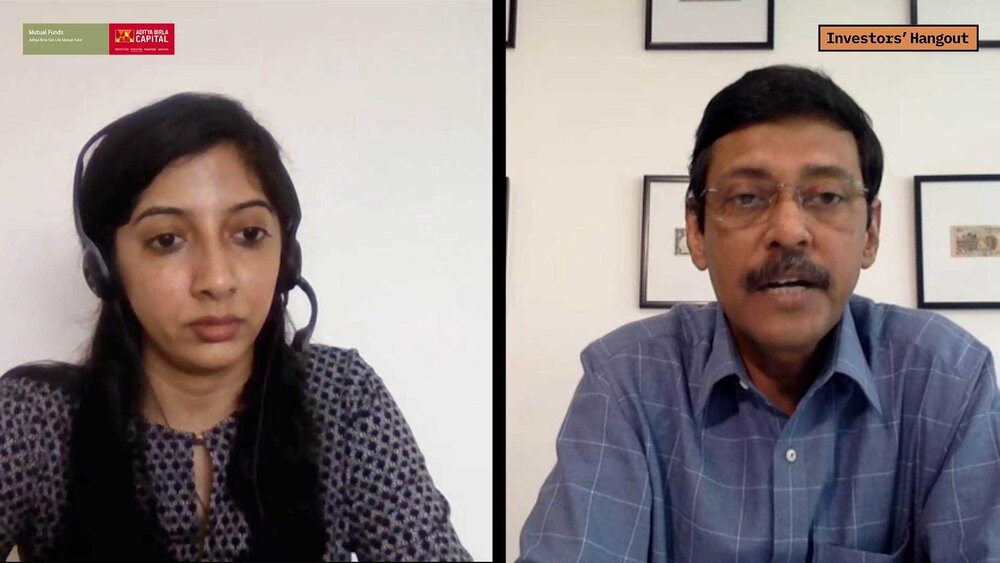What is the difference between ETFs and index funds? Which one is better? Are there any blue-chip and multi-cap ETFs available?
- Manoj Chandak
All ETFs are mounted on index funds. The primary difference between an index fund and an ETF is the way we buy them. Index funds are bought just like an ordinary mutual fund. Thus, if I have Rs 10,000 to invest in an index fund, then depending on the NAV of the day I invest, I will be allotted units. On the contrary, ETFs trade like stocks. Thus, while the NAV of the ETF will be based on the index it tracks, its price may differ from its NAV based on the demand and supply of the ETF on the exchange. Hence, an ETF could be trading at a slight premium or discount to its NAV.
Also, an index fund tends to have a small cash component in its portfolio. This is because some investors may be purchasing the fund, while others may be selling it off simultaneously. This leads to a small tracking error in these funds. Tracking error denotes the ability of the fund to replicate the index. The difference between the returns of the benchmark and the fund is the tracking error. The higher the tracking error, the more inefficient the fund is to replicate the index precisely. Thus, index funds, owing to the cash component, can have a small tracking error. ETFs, on the contrary, by their very design tend to have lower tracking error than index funds.
With regard to the availability of blue-chip and multi-cap ETFs, we do not have too many index options today. However, a few index funds are being launched on different indices, such as the small-cap index and the mid-cap index. However, they are still in their early phase and don't have a long history to see how easily they are able to replicate the index. Earlier, Benchmark Mutual Fund launched an S&P 500 index fund. The fund was having a tough time replicating the index and was unable to buy at least 5 per cent of the stocks of the underlying index without any meaningful impact cost. Except for some of the broad-based indices such as the Nifty and the Sensex, replicating other indices can be difficult because of the less liquidity of the underlying. I think it will take some time for our market to mature and gain depth to support a large number of varied index funds. So for now, we don't have too many alternatives.



